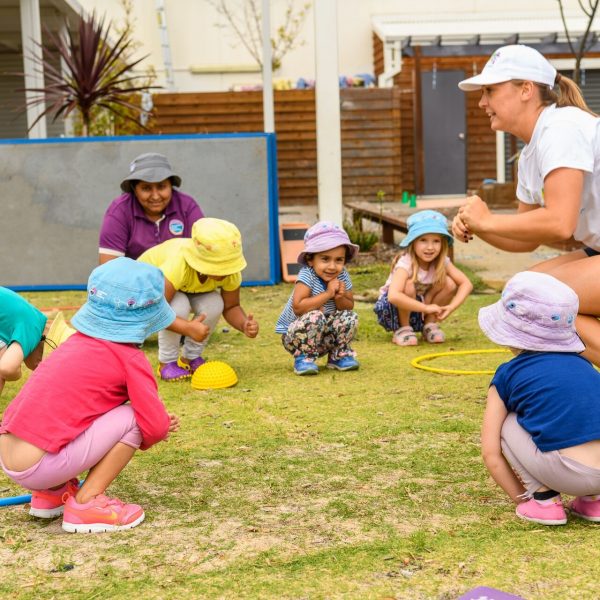New UK initiative aims to give ideas for physical school readiness

A team of academics from the UK’s Loughborough University have launched a new website that provides practical tips to help early year practitioners and parents feel confident in delivering physical development opportunities to children.
The Early Movers website has built on previous research findings from the University, which found that many four year olds in the UK were not physically ready to start school, lacking core skills such as balance and dexterity, and co-ordination.
Physical development involves developing control of muscles and physical co-ordination and it is the primary function in all other life skills, researchers said.
In the context of school readiness, having on track physical development supports children to complete simple tasks such as sitting still, holding a pencil, putting on shoes and reading.
Lead researcher Dr Janine Coates said she hoped that the website will support early years practitioners to ensure children are ‘school ready’ by providing guidance and activity ideas to aid with their physical development.
The website, which Dr Coates designed alongside early years practitioners, external consultants, Loughborough Campus Nursery and other academics, provides information on some of the core principles underpinning physical development in children.
It is split into two key sections: ‘Core Skills’ and ‘Activities’. The first section breaks down core skills into categories – such as rolling, balancing and catching – and gives examples of the movements that would be expected to be seen emerging in babies, toddlers, and pre-schoolers.
It aims to provide those looking after children with the tools to help children progress from the building blocks of each core skill to simple and advanced levels. The activities are designed to be fun and creative, and to give ideas and suggestions for games which support children to develop core physical skills. The website also provides a handy glossary that explains technical terms that relate to physical development.
As well as acting as a useful resource, Dr Coates hopes the website will give early year practitioners more confidence as she says many feel they struggle with monitoring and assessing physical development. Whilst variance in children’s needs and abilities is normal and to be expected, the website provides useful advice on typical skills expected at each age.
As well as supporting parents, the website is designed to provide support to those working in early childhood education and care (ECEC), with Dr Coates saying “When we started to develop Early Movers, we talked to a number of early years practitioners who made it quite clear that there was a need for a resource that broke down physical development skills into more understandable chunks because official guidelines are often quite broad.”
She continued “We wanted to take a skills-based approach rather than an aged-based one as the age at which children acquire skills is greatly influenced by the child having regular, daily opportunities to access to a wide variety of kinds of movement play. It is also influenced by their physical and emotional health.
“A child with delayed personal development may catch up, especially with appropriate intervention, but young children need to be given regular opportunities and encouragement to practice and refine their physical skills through being active.”
The Early Movers website can be accessed here. A series of companion videos, discussing the different physical development activities that are suggested on the Early Movers website can also be found here.
Popular

Practice
Provider
Quality
Research
Workforce
New activity booklet supports everyday conversations to keep children safe
2025-07-10 09:00:16
by Fiona Alston

Quality
Practice
Provider
Research
Workforce
Honouring the quiet magic of early childhood
2025-07-11 09:15:00
by Fiona Alston

Quality
Practice
Provider
Workforce
Reclaiming Joy: Why connection, curiosity and care still matter in early childhood education
2025-07-09 10:00:07
by Fiona Alston












